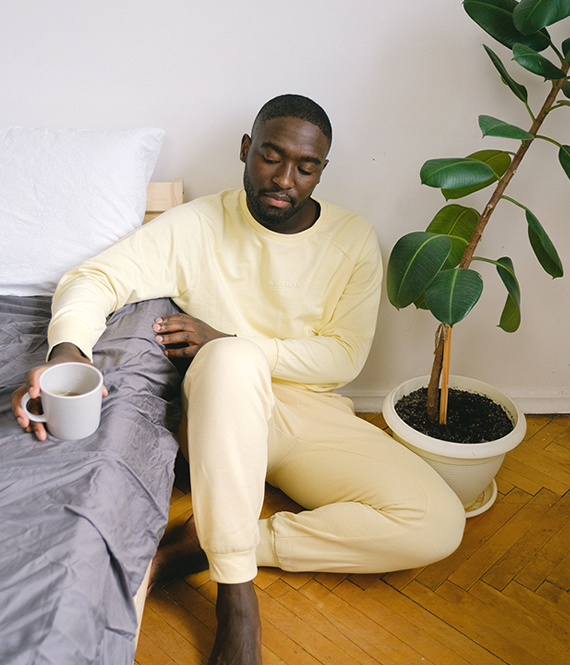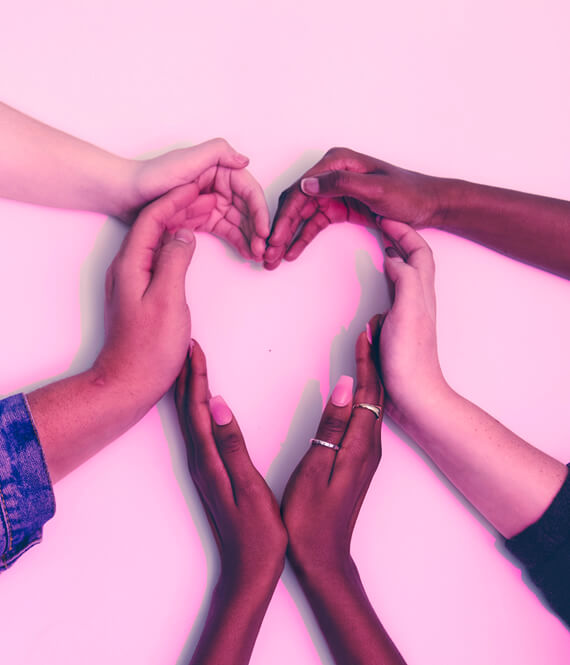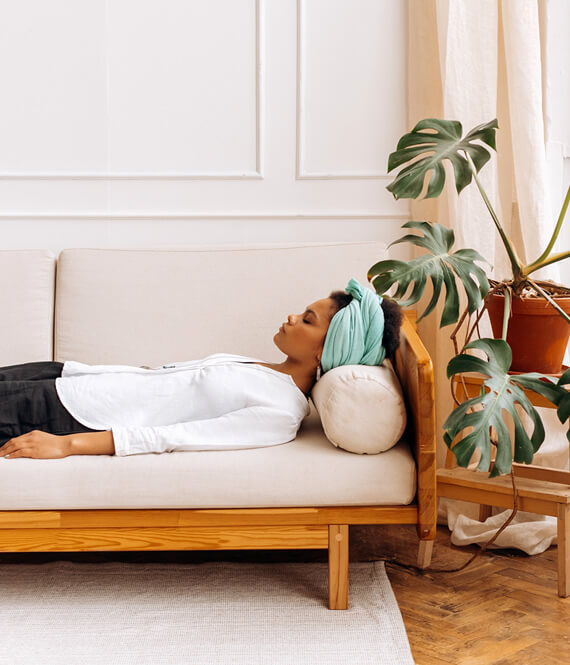
How Social Isolation Affects Anxiety Levels & How To Start Getting Better
We recommend helpful products in our articles. Read our full disclosure here. The content on this website is not intended to be a substitute for professional advice, diagnosis, or treatment.
In the globalized, interconnected world of the 21st century, it may seem paradoxical that social isolation is a pervasive issue affecting millions of people worldwide.
Even with advanced technology to foster communication, people are increasingly feeling cut off from society.
This phenomenon, largely accelerated by the COVID-19 pandemic and subsequent lockdown measures, has far-reaching implications, especially on mental health.
One such mental health concern is how social isolation affects anxiety.
Understanding the complex relationship between social isolation and anxiety is crucial for devising effective interventions and preventative measures.
Cognitive Distortions
One of the ways that social isolation can impact anxiety is by contributing to cognitive distortions, which are skewed perceptions of reality.
Being alone for extended periods can give rise to negative self-perception and feelings of unworthiness or hopelessness, further exacerbating anxiety.
People who experience social isolation may start to think that they are alone because they are unlikable, thus strengthening the anxiety loop.
The term “cognitive distortions” refers to systematic biases in perception and thinking that can influence one’s interpretation of experiences, surroundings, and events.
These distortions can be a consequence of several factors, including trauma, stress, and in our context, social isolation.
Let’s explore this phenomenon in detail.
When an individual experiences social isolation, they can fall into the trap of harmful cognitive distortions.
These distortions can take many forms, such as overgeneralization, catastrophizing, personalization, and black-and-white thinking, all of which have the potential to amplify anxiety.
You can learn more about these distortions with our free Thought Workbook.
Negative self-perception and feelings of unworthiness or hopelessness are common cognitive distortions that arise from prolonged social isolation.
When people spend extended periods alone, they often engage in negative self-talk, fostering a self-image that emphasizes their perceived flaws and shortcomings.
They may start to believe that they are unworthy of social connections or incapable of maintaining them, leading to a self-fulfilling prophecy that keeps them in a cycle of isolation and anxiety.
Lack of Social Support
Social support is a critical factor in overall mental well-being.
It comprises various forms of assistance provided by members of an individual’s social network.
Emotional support contributes to feelings of belonging and reduces loneliness, enabling individuals to better manage anxiety.
However, when individuals experience social isolation, they may lack this emotional buffer, leading to increased feelings of stress and anxiety.
Here are some examples of the specific support individuals receive when they socialize.
1. Instrumental support
Instrumental support can be as simple as helping with errands during a stressful period or offering financial assistance in times of need.
Without this form of support, individuals may feel overwhelmed by daily tasks and challenges, which can contribute to higher anxiety levels.
2. Informational support
This kind of support can empower individuals to manage challenging situations, thereby reducing anxiety.
It includes advice, suggestions, and information that a person can use to address problems.
Socially isolated people might lack access to such helpful information, increasing their sense of helplessness and anxiety.
3. Appraisal support
The appraisal support involves information that is useful for self-evaluation purposes.
It can promote self-growth and confidence, helping an individual understand where they stand and what they can improve.
The absence of appraisal support can lead to feelings of self-doubt and increased anxiety.
Decreased Exposure Therapy
Exposure therapy is a form of cognitive-behavioral therapy (CBT) that aids individuals in overcoming their fears by allowing them to confront and control their distressing or anxiety-inducing situations gradually.
In exposure therapy for social anxiety, treatment usually starts with less anxiety-inducing social scenarios and then gradually proceeds to more challenging situations as the individual’s ability to cope improves.
However, in cases of social isolation, individuals have limited opportunities to apply exposure therapy principles.
The lack of social contact reduces the chances for them to gradually face and overcome their social fears.
As such, their anxiety may remain unchallenged and could even escalate over time.
Social isolation can also lead to avoidance behavior.
In the absence of regular social interactions, individuals may find it easier to avoid situations that make them anxious.
While this might offer short-term relief from anxiety, in the long run, it can reinforce fears and increase avoidance tendencies.
This lack of exposure can maintain or heighten the cycle of social anxiety.
Seeking Treatment
Therapy is one of the best ways to treat various anxiety disorders.
Online anxiety treatment can serve as an effective starting point for individuals with social anxiety.
Digital platforms provide a less intimidating environment compared to face-to-face therapy sessions.
Engaging in therapy from the comfort and safety of one’s own home can ease the pressure and fear associated with entering new social situations, such as a therapist’s office.
This gentler introduction can enable those with social anxiety to take the first crucial steps toward managing their anxiety before gradually progressing to more challenging social scenarios.
However, if this approach is not enough to lessen your anxiety, it’s important to talk to a professional therapist face-to-face to make sure you are getting help at the level you need.
"We love to research problems, examine studies, analyze solutions, and share with you ideas that make life healthier. You can learn about us and our editorial standards here. Have suggestions or feedback to share? Send us a message!."













Leave a Comment